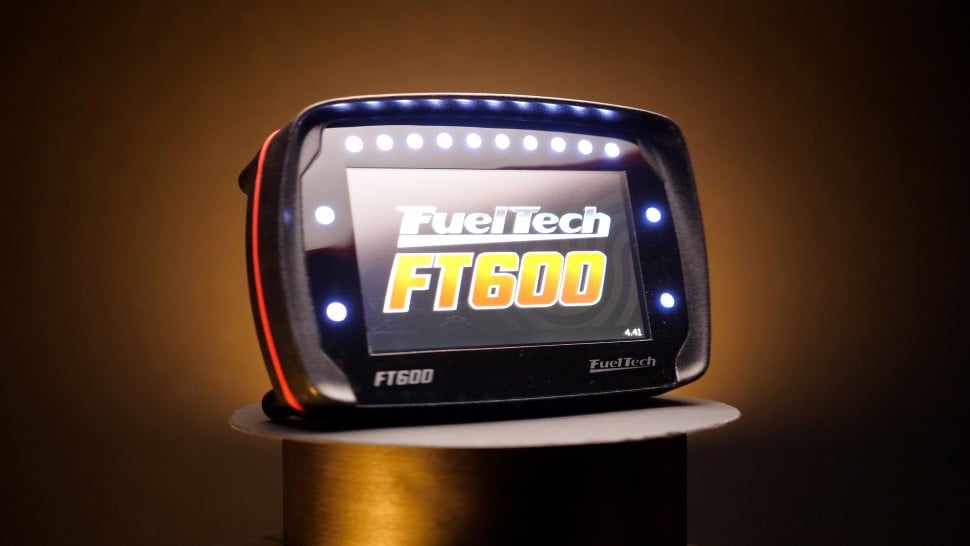Peak Cylinder Pressure
Summary
when you have a boosted car, can't you end up blowing up things if you get the peak pressure wrong with the timing? Yes absolutely Sean you can. Obviously we need to be a little bit mindful of this. Irrespective of whether we've got a boosted engine or a naturally aspirated engine, having too much peak cylinder pressure in and of itself can be problematic.
| 00:00 | - Sean has asked, when you have a boosted car, can't you end up blowing up things if you get the peak pressure wrong with the timing? Yes absolutely Sean you can. |
| 00:09 | Obviously we need to be a little bit mindful of this. |
| 00:12 | Irrespective of whether we've got a boosted engine or a naturally aspirated engine, having too much peak cylinder pressure in and of itself can be problematic. |
| 00:21 | This really does come back down to the mechanical strength of the engine components. |
| 00:26 | That cylinder pressure is forcing down on the top of the piston and being transferred through the connecting rod so for example if we've got a connecting rod that's simply not strong enough, it's likely that that's going to bend. |
| 00:38 | We can also end up damaging a piston if we apply too much cylinder pressure to it. |
| 00:43 | That is rare but it can happen so that is definitely a consideration. |
| 00:48 | Too much cylinder pressure can also result in problems with head gasket sealing as well. |
| 00:53 | So these are all things we do have to take into account. |
| 00:57 | So the other aspect which is probably more of an issue in terms of damaging engines is that as we advance the timing, we can get to an onset particularly on a low octane pump gas, get to the onset of knock. |
| 01:12 | And as I've already mentioned, knock or detonation as it's also referred to is a very damaging type of abnormal combustion and that's where pockets of unburned fuel and air around the outside of the combustion chamber spontaneously combust and we end up with large pressure spikes in the cylinder and that's basically the same as someone slamming down on the crown of your piston with a sledgehammer, it is just as damaging as that sounds. |
| 01:36 | So naturally aspirated or forced induction, that is your biggest killer of a performance engine, running the engine into knock. |
| 01:44 | With a forced induction engine, turbo or supercharged, our tuning window becomes a little bit narrower, we need to be a little bit more mindful of the fact that knock can damage the engine quicker because the cylinder pressure is higher and we also have a narrower window of air/fuel ratio range where the engine will be happiest. |
| 02:03 | But all things being equal, provided we've got an engine that is built to handle the cylinder pressure we're about to throw at it, there is no reason, if we're not suffering from knock, to purposefully detune the engine to reduce the cylinder pressure. |
| 02:19 | That's only something we do with a mechanically limited engine where we want to purposefully detune things in order to keep the engine together and that is absolutely something we may find ourselves doing, it's just about understanding the limitations of your particular engine. |
| 02:33 | That question was taken from one of our free live lessons. |
| 02:37 | If you like free stuff, and you're the type of guy who wants to expand your knowledge, click the link in the description to claim your free spot to our next live lesson. |
| 02:46 | You'll learn about performance engine building and EFI tuning, and you'll also have the chance to ask your own questions which I’ll be answering live. |
| 02:54 | Remember it's 100% free so follow the link to claim your spot. |





